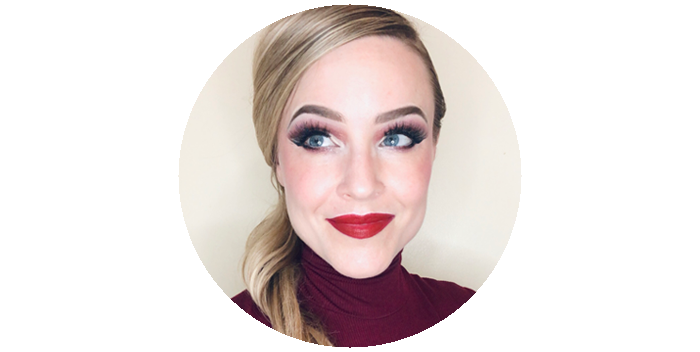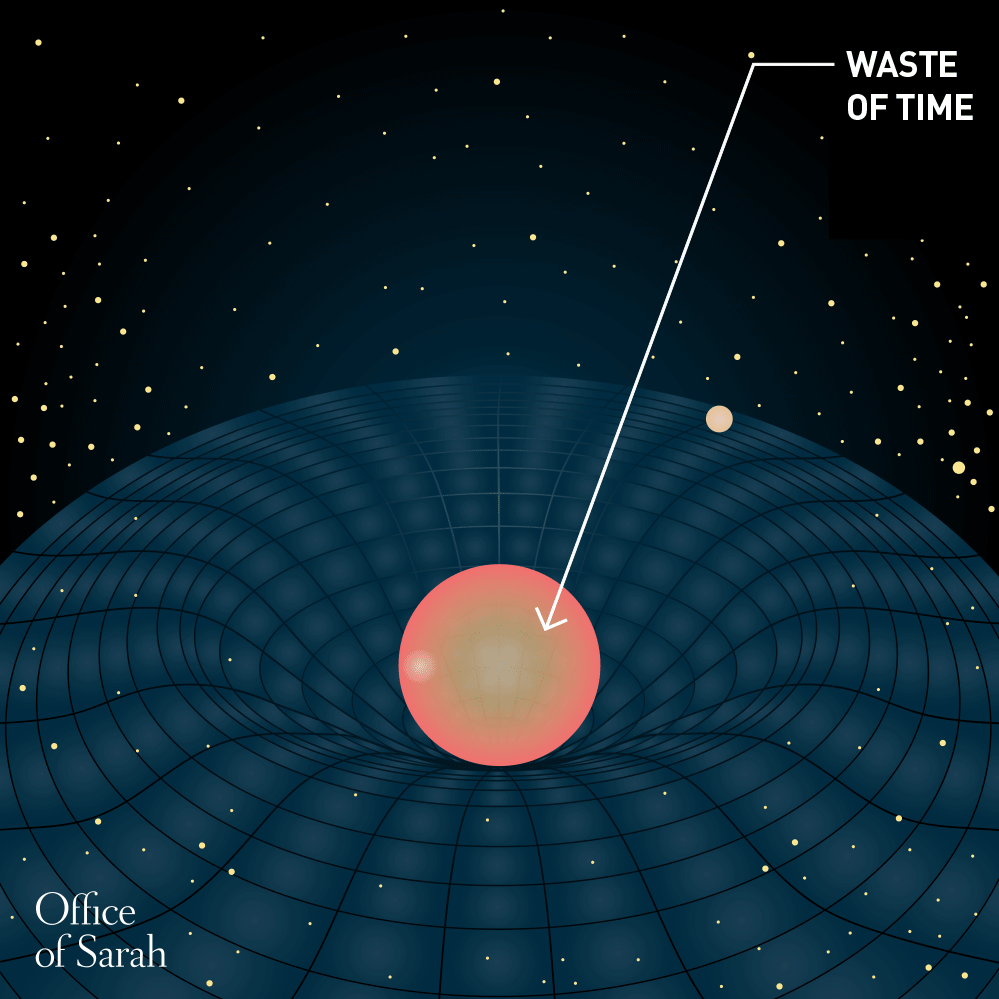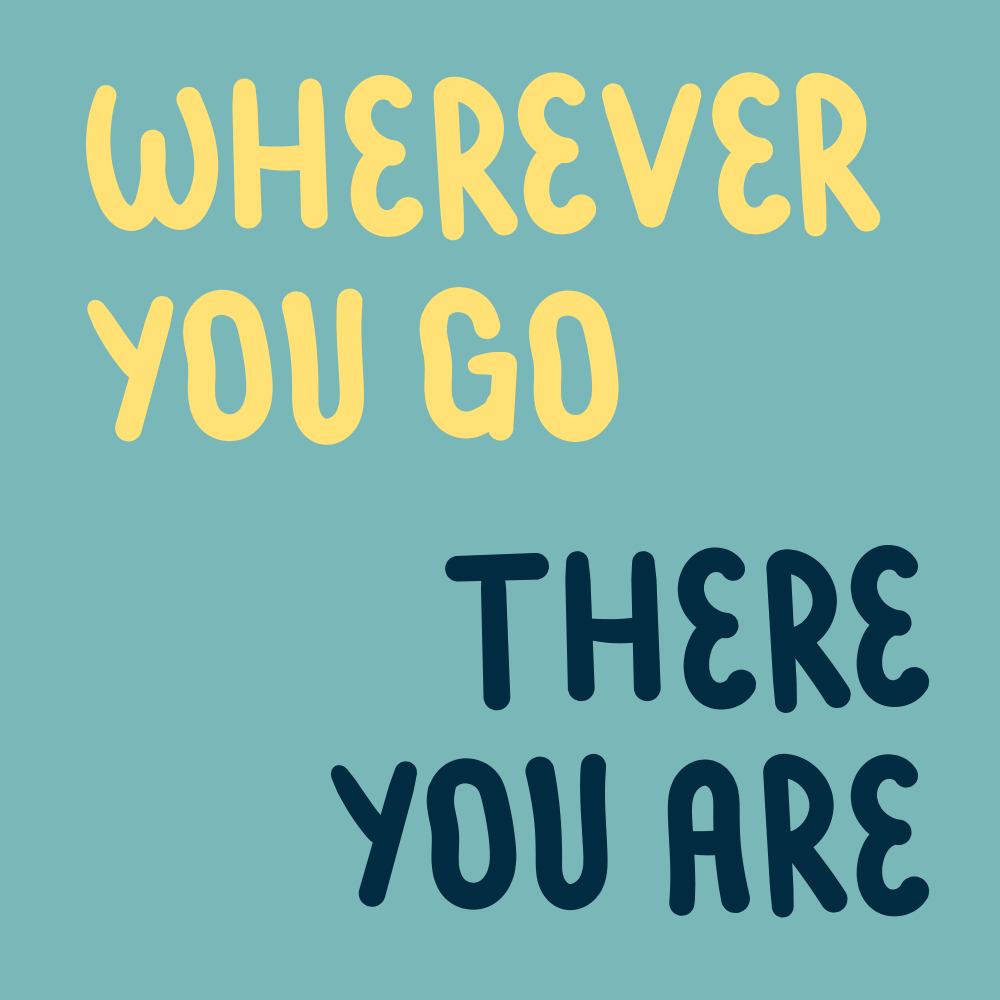“So, how old are you?”
Every once in awhile, when I’ve been asked a few too many times (or hear about friends being asked) I get back up on my soapbox and rage about people asking my age. This is one of those times.
Why I think asking someone their age is bullshit
To kick off this rant, let’s clarify that a few situations do require your exact age: your birth certificate, government ID, and doctor. I don’t think this signals that your age is a useful metric – it’s just an easy metric – but I will not be arguing on these institutional instances for today.
Maybe having a generational understanding of who you’re talking to offers some hazy insights, although I’m not even convinced on this point – I know Gen Xers who have better internet/social media knowledge than Gen Z friends, and Millennials born around the same time who have absolutely no pop culture references in common.
But your exact age? Friend, no one actually needs to know that. Not only does it not provide any specific insights, it feeds into tropes and stereotypes which are not helpful in the least. In my experience, there are only two motivations for why people want to know your age:
Romantic interest
To make someone feel bad.
Romantic interest
Even the vaguest of sexual interest can make a complete stranger ask “How old are you?”. Being of legal age is (obviously) relevant for a romantic relationship; however, for consenting adults, let me assure you that an individual’s precise age does NOT tell you much about their specific situation, their intelligence, their capability or interest in having children, and—most importantly—their attraction to whoever is asking, thank-you-very-much.
Core Themes of Feeling Bad
If romantic interest isn’t a motivation, people claim to want to know your age out of a (seemingly innocent) curiosity. But after spending a bit of time contemplating why they’re curious, I’ve found that three core themes of Feeling Bad emerge: the people asking your age want to make you feel bad, make someone else feel bad, or make themselves feel bad.
This is all accomplished perhaps unconsciously, but almost always with a healthy dose of passive-aggression. You know the drill. The person asks your age and then immediately does a calculation, comparing your looks/success/skills to other people of similar or younger age, or (more aggravatingly) to themselves. If you don’t measure-up to them (or their arbitrary timeline) then you are meant to feel bad (“Oh you’re thirty and still not married? I was married at twenty-two! Tick-tock, my darling, tick-tock!”). Conversely, if you’re some wunderkind child-genius, then they are suggesting that everyone around you should feel bad (“Competing at a higher level than your older sibling? My goodness, you are so impressive!”). And finally, the asker-of-the-age is often engaged in a tortuous self-comparison flagellation, making themselves feel bad (“Made your first million by what age? Ah, 24… cool, cool, cool”).
I’m not proud to admit that I can attest to these motivations because I’ve participated in them all, in some of my less-impressive moments. Whether you’re on the giving or receiving end of this question, it’s all rather rude – and worse, not useful.
Age – not a terribly useful metric
A person’s age does not speak to their individual maturity, relevant experience, skill, or even how many years they have left to live. It doesn’t speak to their health, or how much respect you should offer them. It doesn’t let you know how kind, smart, or fun they are. In short, a person’s age does not, in fact, tell you anything useful about them at all.
Ah, but general life experience, you say! Surely that must count for something? I mean… it can’t be denied that the years happened. The earth spun on its axis, the moon did its thing. But do the years automatically add up to knowledge gained by actually doing something (the definition of experience)? Let me assure you, it is completely possible to gain little or no knowledge, even if given decades of opportunity.
With a consistently lazy and lacklustre effort, one can pursue a skill for many years and see very little improvement. Likewise, an individual can gain incredible skill in a short amount of time with rigour, intensity, and a targeted effort. In other words, just because someone has done something for a long time does not mean they are any good at it (and vice-versa). And finally—it seems obvious once you say it out-loud—skill in one area doesn’t equate to skill in other unrelated areas.
For example: 30 years in a miserable marriage should not give anyone some sort of de facto certificate in providing relationship advice. I know teenagers with far more maturity than many 70-year-olds (Greta Thunberg and Donald Trump come to mind). And my sincerest of apologies, but your twenty years as a financial advisor does not give you the relevant experience to say, oh, perform heart surgery, draw an excellent portrait, or compete as an Olympic figure skater.
There is no “right” or “wrong” age
Particularly in an era where we are required to redefine and reinvent ourselves and our careers every 5-7 years, thinking about “right” and “wrong” ages is not terribly useful.
Plus, have you ever noticed that you’re never quite the “right” age? Ever since childhood I’ve noticed that we’re often simultaneously being told that we’re both “too young” AND “too old”. Age 7? Hmm, almost too old to start learning the violin (or play hockey). Age 18? Too young to be taken seriously (but old enough to join the military!). Age 29? Too early to settle down, you should be focused on your career! Age 30? Basically too late to start a family, WHY DID YOU WAIT SO LONG?!
A brief aside – I think it’s frankly terrible that we surround children in school with other kids of the exact same age and then tell them (both explicitly and implicitly) that we expect them to progress (intellectually, academically, and physically) at the exact same rate. This also suggests that “different is bad”, when the facts are that, as unique mixes of DNA and experience, different is all we can be. Generalities are fine for statistics, but in reality we are each peculiar, very specific originals.
For those of you who feel like you need permission to live the life you want to live, let me be the one to tell you (even though, for the record, you don’t need anyone’s permission): there is no “correct” age. At ANY age you are allowed to get married, not get married, get divorced, have children, not have children, quit a job, start a new career, go back to school, learn a new hobby, start playing a sport, become a movie star, travel the world, or wear neon.
I promise you.
Don’t know what to say the next time someone asks how old you are? I propose that an irrelevant question deserves an irrelevant answer: say whatever number you damn well please.







